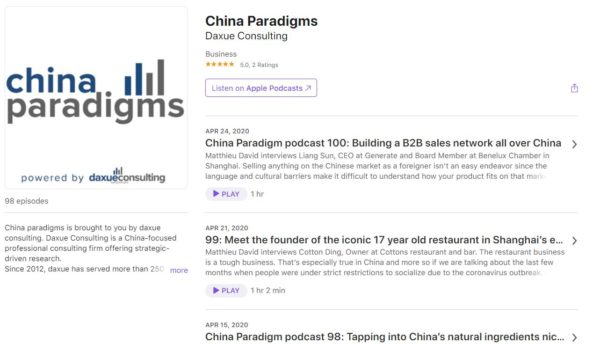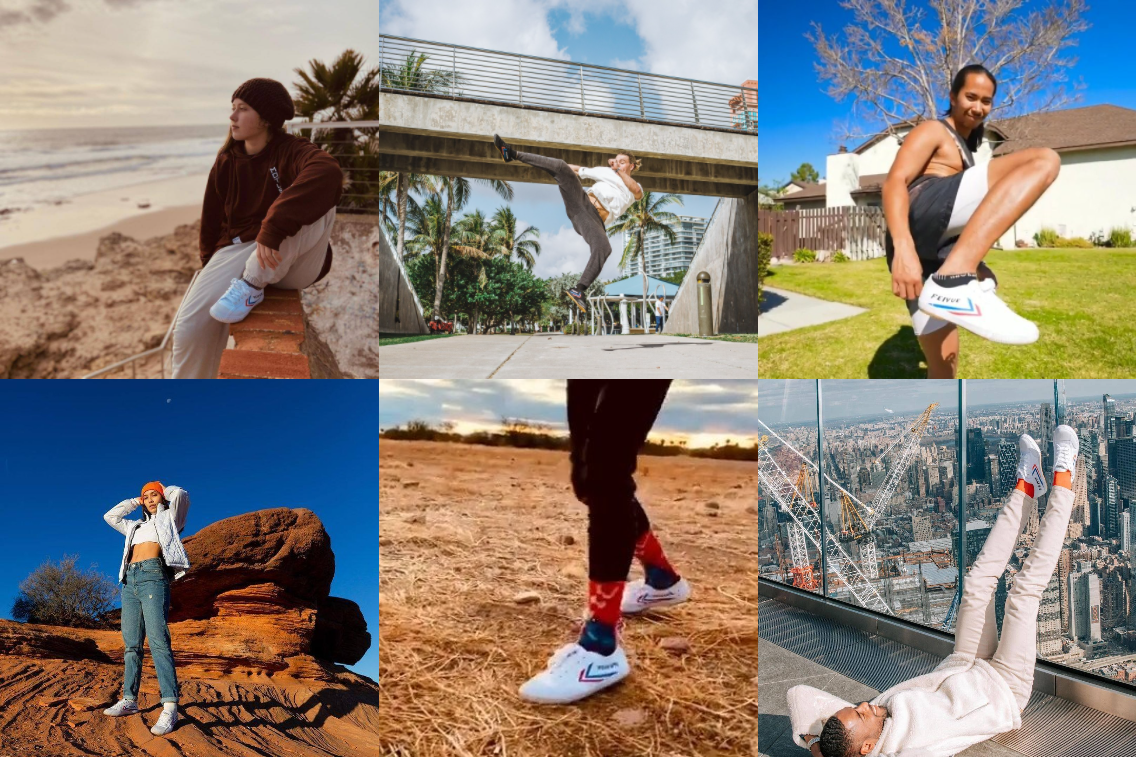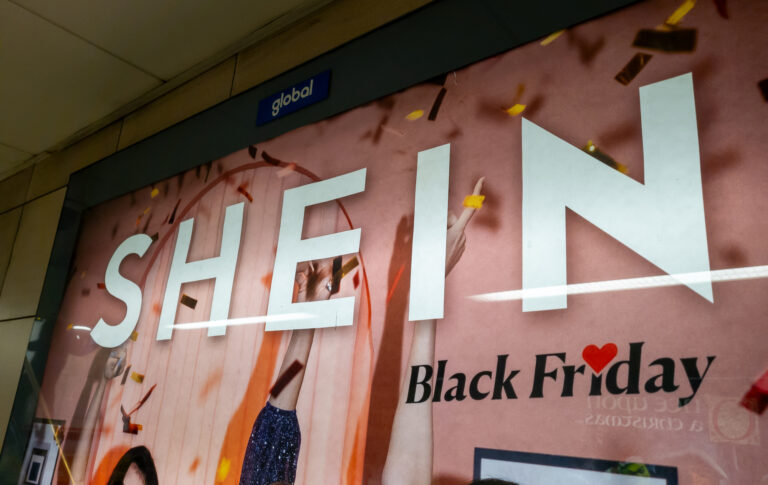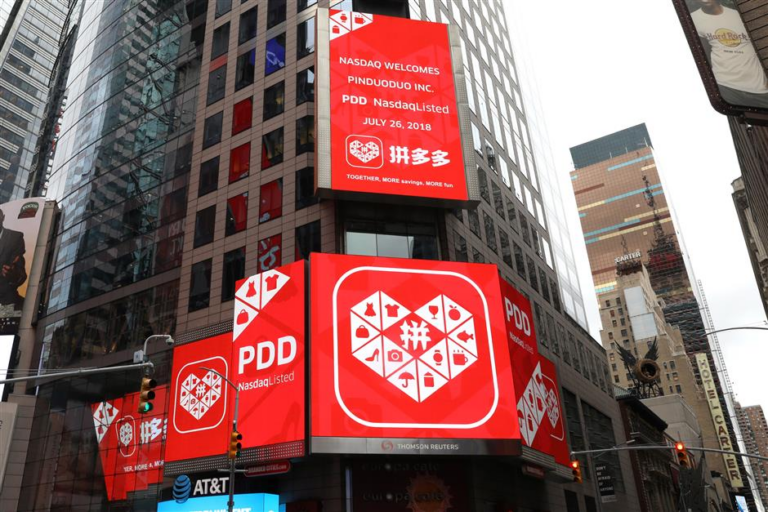From the first registration of the Feiyue trademark in China in 1958, to 2006 when Patrice Bastian bought Feiyue’s trademark ownership in the European Union, and then to the renewed popularity of Dafu Feiyue after innovation by the inspiration of Culture Matters (CM), the Chinese street shoe brand’s road to international fame is anything but a straight line. Feiyue’s global success stems from the intersect of western opportunism and the revered “Shaolin monk” Chinese cultural image.
The origin of Feiyue: Product of the dynamic Chinese 1950’s
Shanghai Dafu Rubber Factory originally designed Jiefang shoes for the army. With the increasing demand for civilian Jiefang shoes, Dafu Rubber Factory re-designed them to be suitable for ordinary people’s daily work and life. These durable military shoes adapted to fit regular citizen’s lives were named “Feiyue”.
In the first year that Feiyue shoes entered the market, sales reached 1.616 million pairs. However, at this time, “Feiyue Shoes” and “Jiefang Shoes” were just a collective name for shoes, not a brand. Until 1958, Dafu applied to the government for a trademark, and the “Feiyue” trademark was officially registered in China with the trademark number 27551.
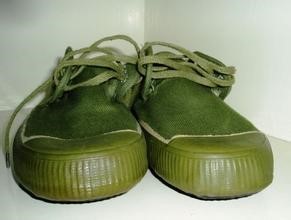
Source: People.CN, Military Jiefang shoes
At the peak of the 1980s, the annual output of Dafu Rubber Factory’s shoes reached 13.71 million pairs and the annual export volume was 5.5 million pairs. At one time, Southeast Asia was one of the largest export destinations.
Later, Dafu Rubber Factory began to produce more rubber tire products, and hoped that rubber shoe production would move to other companies. So in 1997 it authorized Dabowen to use the trademark until 2013, Dabowen produced Feiyue shoes with the “Top one” trademark.
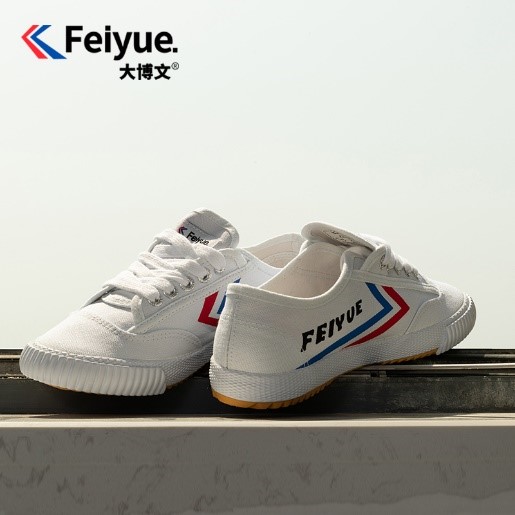
Source: Taobao, Feiyue shoes produced by Dabowen
Feiyue’s journey to Europe
In the 1990s, after China’s sneaker market became saturated with foreign brands, Feiyue’s development slowed. At this time, Patrice Bastian, a Frenchman who was an avid sneaker collector, saw the “little white shoes” worn by the Shaolin monks when he was learning martial arts in Shanghai, and had the idea to bring them back to France, which become the starting point of Feiyue’s global success. With this idea, Patrice Bastian reached out to Dabowen and applied to become an overseas agent of Feiyue. Dabowen orally agreed to his request.
Patrice Bastian, who once worked in a French marketing company and has done event marketing for fashion brands such as LV and Chanel, is expert in storytelling. He used oriental elements and Shaolin martial arts as his selling points, and sold a pair of Feiyue shoes of 20 yuan from China for more than 50 US dollars in France, kicking off the prelude to Feiyue’s success in the west.
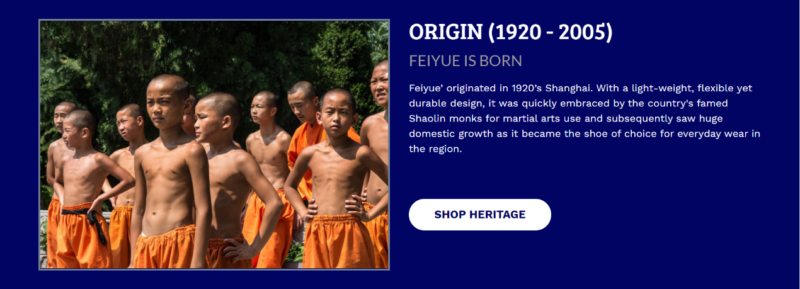
Source: Feiyue’s official foreign-facing website, the origin of Feiyue as a “shoe embraced by famed Shaolin monks” is marketed to western consumers
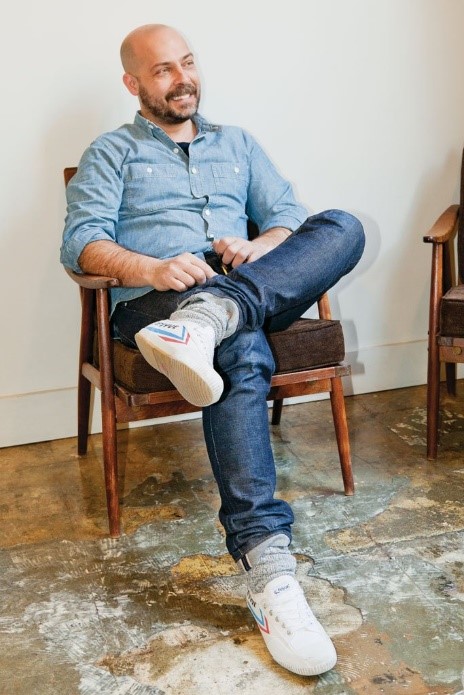
Source: Footwearnews, Creative Director of Feiyue in France Patrice Bastian
However, it didn’t take long before Dabowen went bankrupt. Soon, Patrice Bastian discovered that Feiyue had not registered an international trademark, so he immediately registered the trademark in Europe with Feiyue’s Pinyin FEIYUE, and invited a local designer to create a French brand and give it a new meaning: Flying Forward.
How Feiyue is marketed to consumers in the west
Integrating Asian and international culture: The second step of Feiyue’s global success
The official foreign website of Feiyue certainly leverages the west’s mysterious image of Chinese culture to market the shoes. The site introduces it as a brand literally means “Flying Forward” and “symbolizes the dual elevation of both body and mind”. The website also said that the lightweight shoes “[Feiyue] first hit the streets of Shanghai in the 1920’s famous for its robustness, flexibility and comfort. Bringing together all walks of life, from workers, Shaolin Monks to politicians, Feiyue crossed borders and generations to land in France in 2006. The brand’s creative DNA lies in clean, simple, classic and timeless silhouettes.”
In brand building, Feiyue not only endowed the brand with the connotation of ancient Chinese culture, which attracted a large number of cultural lovers to buy these shoes, but also integrated the popular factors in world culture as we can see in its brand DNA, and combined the connotation of Chinese culture with world culture very well, which become a good selling point for a Chinese brand abroad.
Feiyue leveraged the celebrity effect
After registering the trademark in Europe, Feiyue then started a series of campaigns which followed the pace of digital and social media times. With the help of celebrities, bloggers and models, the French version of Feiyue instantly became the shining star of foreign fashion circles.
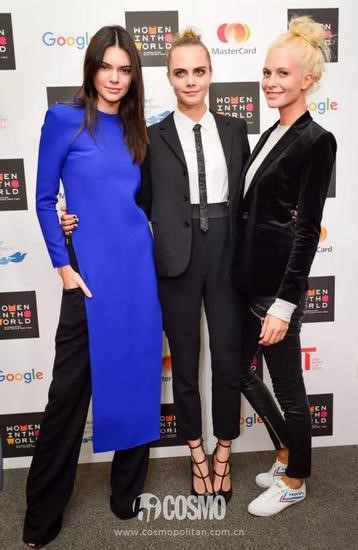
Source: Cosmo, Poppy Delevingne wearing Feiyue

Source: Cosmo, Elyse Taylor wearing Feiyue
Feiyue has also co-branded with major brands such as Celine and Casio, launching various popular shoes, and further expanding its influence.
Development of DaFu Feiyue: Rising awareness of IP and innovation intelligence by Chinese people
The original Dafu Rubber Factory disintegrated at the beginning of the 21st century. Some employees took over the “Feiyue” trademark, and soon registered a new Dafu Rubber Factory to produce them. After the new Dafu Rubber Factory realized that Feiyue had been registered abroad in France and many other foreign countries, it conducted a series of negotiations and appeals, but was unsuccessful due to insufficient evidence. As a result, they re-established the Dafu Feiyue brand in China.
At this point, the founder of Culture Matters saw the development opportunity of Feiyue. CM is committed to being a collection store of domestic brands and relaying the relationship between products and Chinese urban culture to foreigners. With this goal in mind, they re-did DaFu Feiyue’s branding and marketing. At the same time, the Chinese shoe brand broke the trend of selling only single style of Feiyue shoes. CM has helped Feiyue design more shoe types that are more in line with the trend of the times.
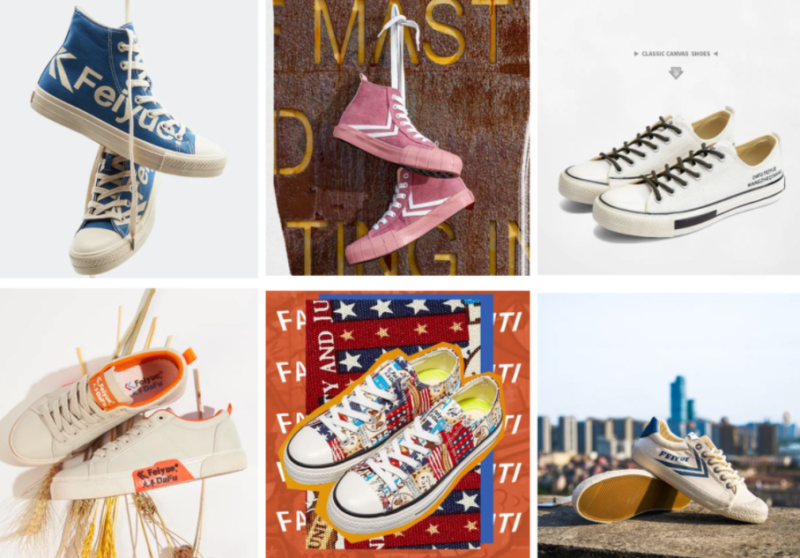
Source: Zhihu, new types of DaFu Feiyue shoes
CM also began to help Dafu Feiyue launch co-branded shoes. When Disney entered China in 2015, few domestic brands were willing to cooperate with it. CM seized this opportunity to launch a pair of co-branded model between Feiyue and Star Wars.
The sales performance was beyond expectation, “As one of the shoes in this co-branded series, ‘Bai Bing’ are added 10,000 pairs of shoes, and it was sold out after 21 hours after going online”, said by Yihui Li, a designer in CM. Although the co-branded shoes with Star Wars was not directly the reason for Feiyue’s success abroad, it was a catalyst of the Chinese shoe brand’s career of co-branding. DaFu Feiyue then collaborated with some Chinese brands which were already famous abroad. For example, Feiyue co-branded with the popular Chinese sauce brand Laoganma, and their co-branded shoes had exhibition in Paris.
In 2014, Feiyue France was acquired by American footwear company BBC International, and Patrice Bastian exited the company.
Culture connotation a main factor for Feiyue’s global success
The combination of the spirit of China’s Shaolin Temple and international development discovered by Feiyue France shows the importance of culture connotation in marketing. During a time when international relations are tense, the the shoe that is now all the rage among western parkourists, martial artists, and fashionistas cannot be separated from it’s Shaolin monk roots.
Learn something new? Stay updated on the Chinese market by following our WeChat, scan the QR code below, or subscribe to our newsletter

Listen to over 100 China entrepreneur stories on China Paradigms, the China business podcast
Listen to China Paradigm on Apple Podcast
